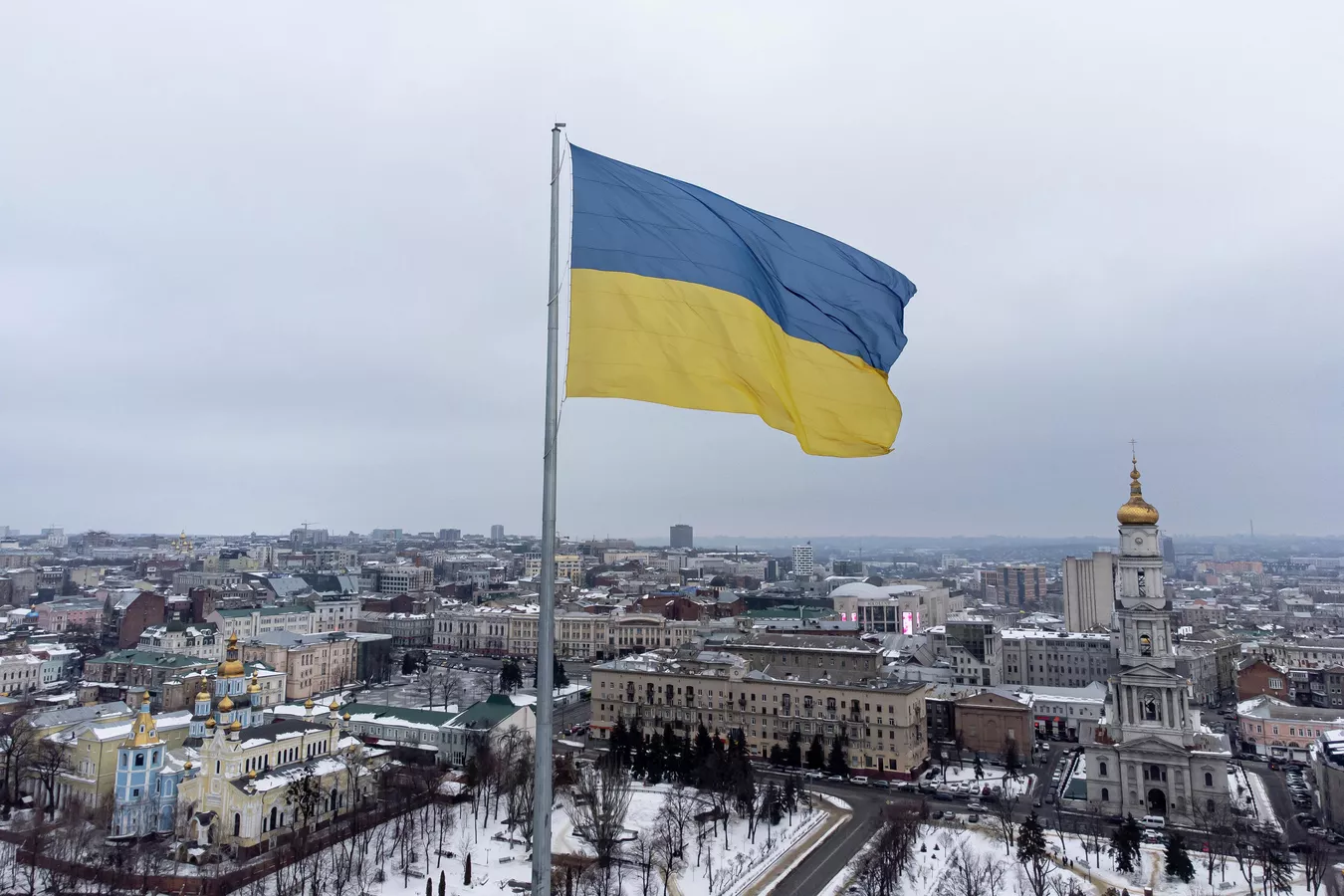THE TELEGRAPH / UK
RICHARD KEMP
Last summer there were high expectations that Ukraine’s major counter offensive would succeed in driving Russian forces back, setting the stage for victory. That didn’t happen; instead the offensive faltered and gained little ground. This failure can be laid squarely at the feet of Western refusal to supply adequate military aid. The result was a silent backlash in domestic politics both sides of the Atlantic, which undoubtedly contributed to the US president’s failure to get a further aid package through Congress in time, as well as reluctance in European countries to step up their own aid.
The combination of huge Ukrainian losses and starvation in munitions allowed Russian forces to return to the offensive and seize the strategic initiative across the war zone. In incremental advances they have made limited but concrete gains at the front, forcing Ukraine to give up ground, as well as causing severe damage to Ukrainian infrastructure through air attacks.
Now the US and UK have both announced substantial aid packages including air defence systems, long range strike missiles and ammunition. Provided delivery of these munitions is rapid, they could enable Ukraine to stabilise the front line while protecting infrastructure on the home front. This may prove critical in the face of a major Russian offensive in the summer.
While the new aid packages might allow that to be blunted, they will not enable Ukraine to seize the initiative and go back onto the offensive. One reason for this is that Russia has achieved air supremacy in many areas while ground based air defences will remain inadequate. Another is that a war-weary Ukraine simply doesn’t have enough troops and after more than two years hard fighting seems reluctant to launch the major mobilisation it needs.
The challenges ahead are almost insurmountable. Russia has a rapidly growing wartime economy and has now built up huge force levels that it is willing to sacrifice to achieve Putin’s goals. If Moscow is able to achieve significant success in the summer, perhaps including taking Kharkiv, Ukraine’s second city, there will be no appetite for more Western spending come the winter.
This bleak outlook will be worsened by the added uncertainty surrounding general elections in both the US and UK. It looks like, as in previous wars, Russia will have begun badly but finished well through a level of determination so badly lacking among Ukraine’s allies in the West.
